by Al Hemingway
He stood six foot five in his leather jumping boots and weighed close to two hundred and thirty pounds,” wrote the actor Sterling Hayden in his 1963 autobiography Wanderer. “A British parachute emblem and a small American flag were neatly stitched to the sleeves of his combat jacket. There was also the conventional military insignia, and a .357 Magnum revolver strapped to his thigh. His name was John Hamilton and he was a Second Lieutenant in the United States Marine Corps (Reserve).” Hayden was not describing a fictional character in his book; he was describing himself reporting for duty with the OSS in World War II.
[text_ad]
Hayden was born on March 26, 1916, in New Jersey. There is some confusion as to whether his real name is Hayden or Hamilton. Be that as it may, he was known as John Hamilton in the Marine Corps and later as Sterling Hayden when he was a movie star.
A Sailor From Central Casting
Sailing was always in Hayden’s blood. After quitting high school, he sailed on fishing schooners for no pay. However, the fishermen would feel sorry for the young boy and would give him $10 a day. In 1938, Hayden was in Gloucester, Mass., and a newspaperman snapped his picture as he was in the masts of a schooner. The following day his picture was in the local paper with the caption “Gloucester Sailor Like Movie Idol.” This seemingly unimportant happening eventually led to a movie contract with Paramount Studios.
Hayden moved to Hollywood with his mother and was given the astronomical sum of $250 a week. There he met, and eventually married, British actress Madeleine Carroll. Then the war broke out, and Hayden put his acting career on hold.
Determined To Fight
Initially, Hayden went to British Commando School as a civilian. However, in March 1942, he was seriously injured on a jump. He was released and returned to the United States. But sitting out the war was not in the young actor’s blood. With his marriage in trouble, Hayden attempted to enlist in the U.S. Navy. He was promptly rejected.
Disheartened, he sailed to the West Indies. On a stopover in Curaçao he met several Marines from the guard detachment there. The group got along well, and they decided to go out for a few drinks. Getting “rip-snorting drunk” at the Americano Hotel, they became unruly. The hotel manager informed the young actor he was welcome, but the Marines had to depart the premises. Insulted, Hayden threw him bodily into the street. The young man was arrested and incarcerated but was eventually bailed out of jail by his agent.
Winds Up a Marine
Hayden had developed an admiration for the Marines after his altercation on Curaçao. Because of this, the adventurous actor enlisted in the spring of 1942. After boot camp, the Marines realized whom they had, and he was quickly tapped for officer’s candidate school. Upon his successful completion of officer’s training, Hayden was commissioned a second lieutenant in the U.S. Marine Corps Reserve and selected for the OSS.
The strapping film idol was soon sent to Monopoli, Italy. From there, “with the aid of 400 partisans, and using a fleet of 400 schooners,” Hayden’s group ran supplies through the German Adriatic blockade to the partisan-held island of Vis. During the ensuing months, Hayden was involved in heavy combat against the German 118th Jaeger Division.
Motley Crew Makes Heroic Assault
On one mission, his vessel broke down on the return trip. He and the crew were forced to get in a small craft and paddle to shore. “We hooked up with about thirty of the toughest bastards on earth,” wrote Hayden. “None of them had a bath in years. All had been in the thick of the fighting and marching all up and down Bosnia and Croatia.”
Hayden’s men, together with this motley bunch, soon assaulted a German patrol boat. After a hot firefight, the Germans gave up. Hayden’s Marines took the stolen boat back to Vis. For his bravery in combat, Hayden was awarded the Silver Star.
An Unlikely Friendship Is Formed
It was during this period that Hayden met and became close friends with Josip Broz, more commonly referred to as Tito, his “adopted name.” Tito had risen to the rank of general secretary of the Communist Party in Yugoslavia prior to the outbreak of World War II. Hayden soon developed leftist leanings while working closely with Tito’s partisans to rid their country of Hitler’s fascist troops. Years later, Hayden would travel back to Yugoslavia to attend Tito’s funeral.
At war’s end, Hayden returned to California to resume his acting career. Throughout the 1950s he made a string of B movies. However, several films from that period were some of the best he ever made. Most notable of these were Johnny Guitar with Joan Crawford and Suddenly with Frank Sinatra.
House Un-American Committee and Betrayal
It was also during the 1950s that the House Un-American Activities Committee was actively rooting out actors, directors, and screenwriters who were suspected of being or having been members of the Communist Party. Threatened with jail and never seeing his children again because of his Communist ties, Hayden testified as a witness for the FBI at the hearings held in Washington, DC. Informing on his friends would haunt him forever.
“It was the worst day of my life,” he would confess to Gerald Peary in an interview in 1984. “I castigated myself the way any proper person should.”
A Wanderer Who Would Not Fit In
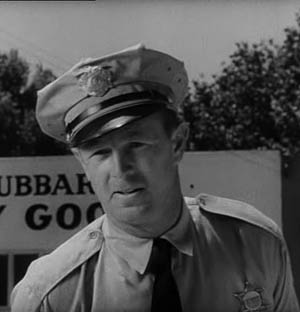 In 1964, Hayden starred with George C. Scott and Peter Sellers in Dr. Strangelove or: How I Learned to Stop Worrying and Love the Bomb. He portrayed the cigar-chomping, ultra right wing General Jack C. Ripper. However, in 1972, he played a part that he is most recognized for today. Director Francis Ford Coppola signed him on as Captain McCloskey, the dishonest cop, in the blockbuster hit The Godfather. During the 1960s and 1970s, Hayden wrote his autobiography, Wanderer, and a best-selling novel entitled Voyage. He died from cancer in 1986.
In 1964, Hayden starred with George C. Scott and Peter Sellers in Dr. Strangelove or: How I Learned to Stop Worrying and Love the Bomb. He portrayed the cigar-chomping, ultra right wing General Jack C. Ripper. However, in 1972, he played a part that he is most recognized for today. Director Francis Ford Coppola signed him on as Captain McCloskey, the dishonest cop, in the blockbuster hit The Godfather. During the 1960s and 1970s, Hayden wrote his autobiography, Wanderer, and a best-selling novel entitled Voyage. He died from cancer in 1986.
Many would vehemently disagree with Hayden’s liberal beliefs and free-thinking attitude. However, there is one thing no one can dispute. When his country called, John Hamilton, a k a Sterling Hayden, served honorably as a Marine in the OSS.
This line from his autobiography probably best sums up his life: “Voyaging belongs to seamen, and to the Wanderers of the world who cannot, or will not, fit in.”
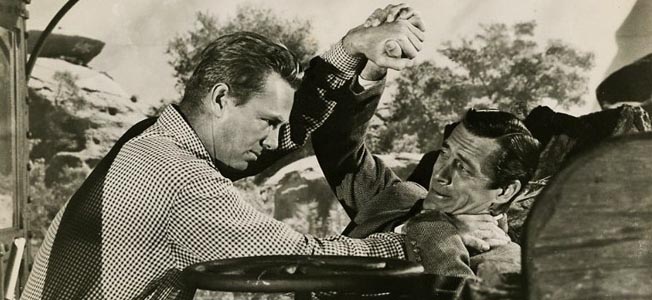
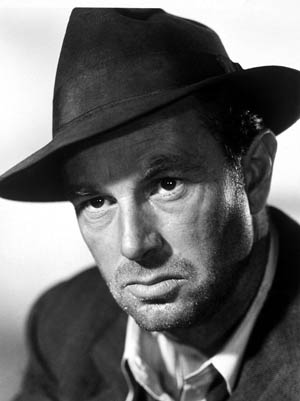
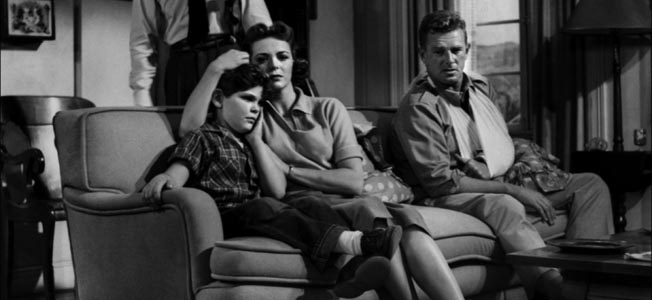
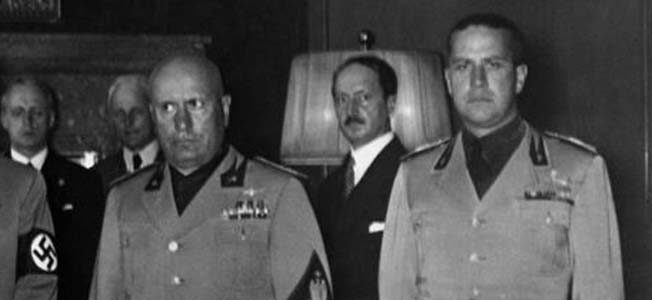
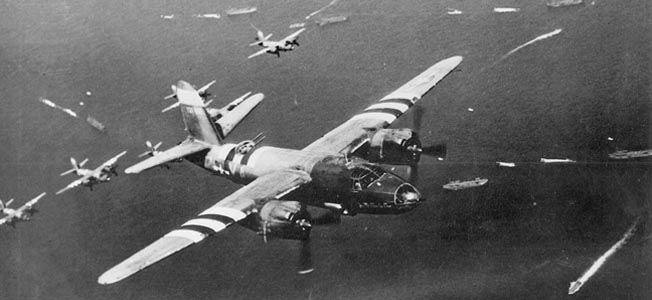
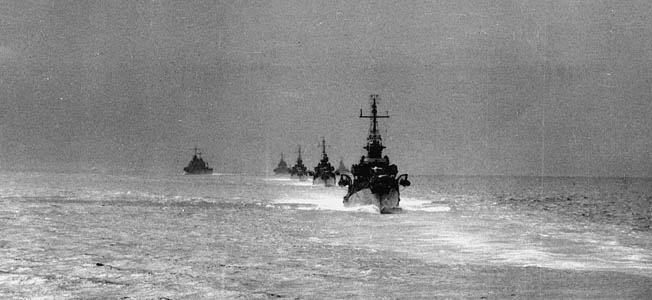
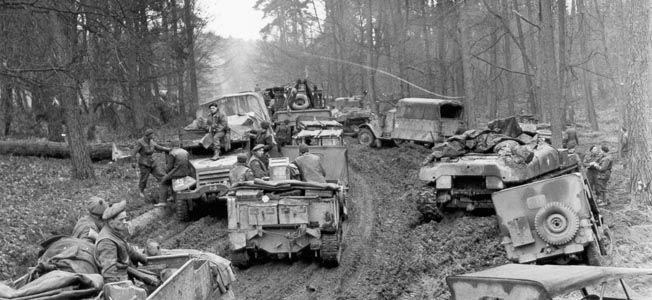
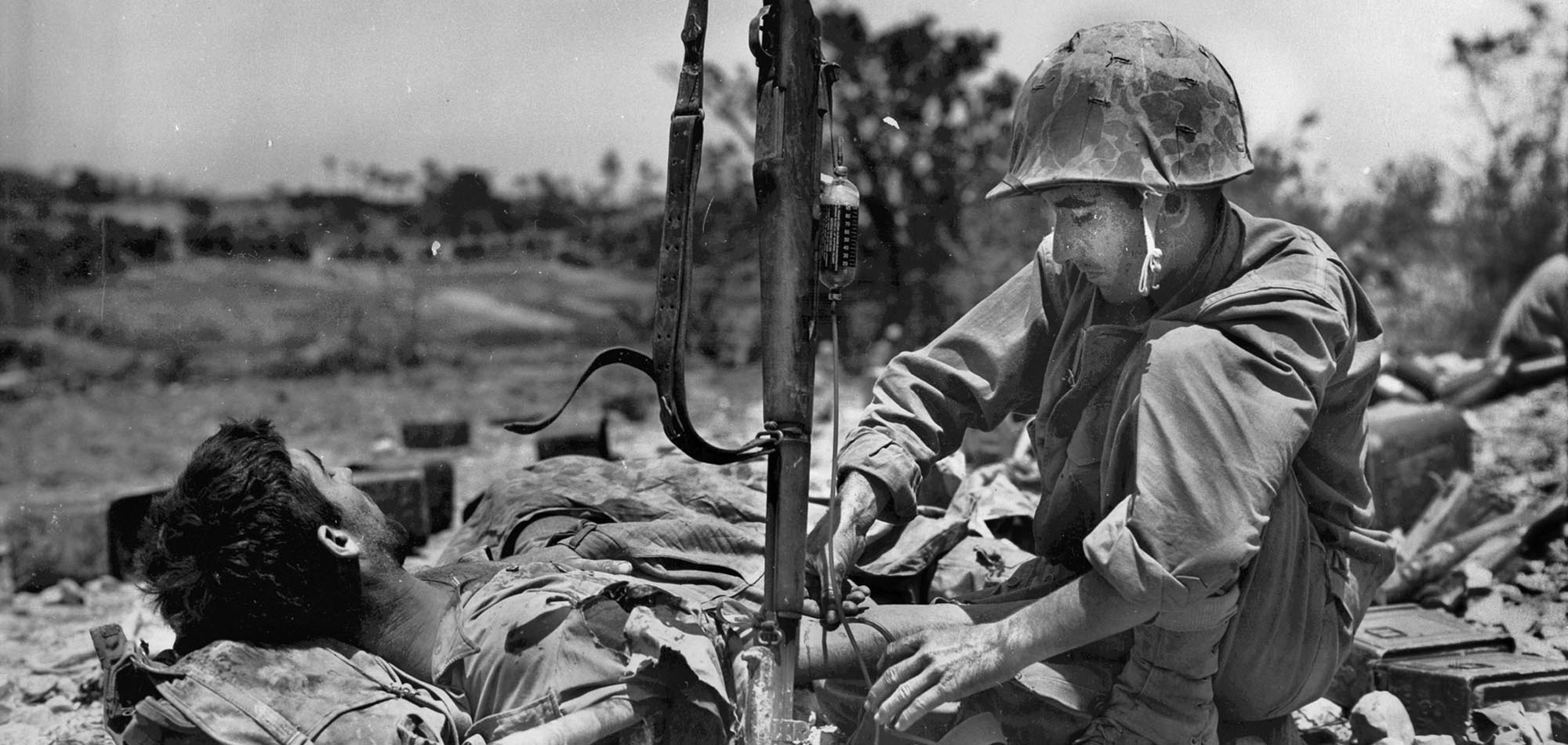
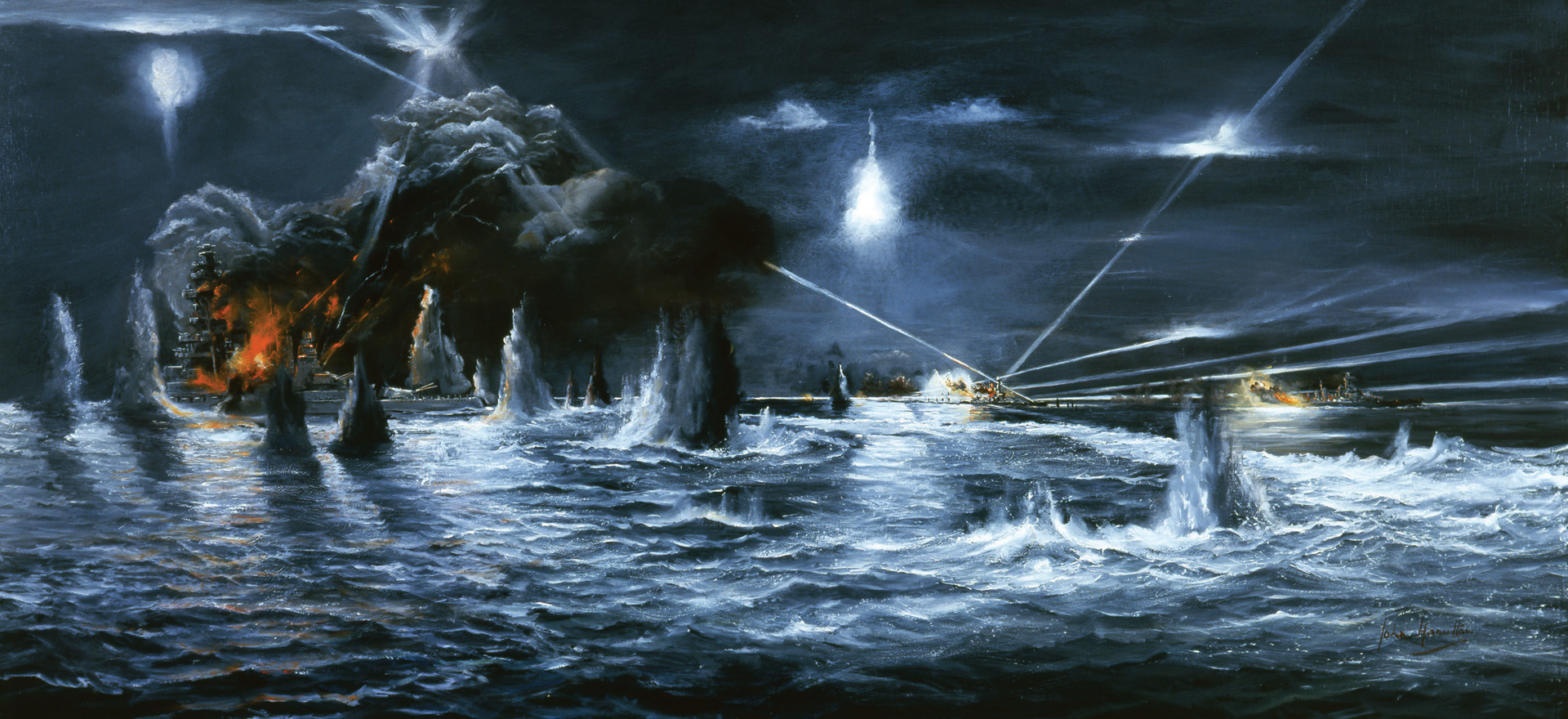
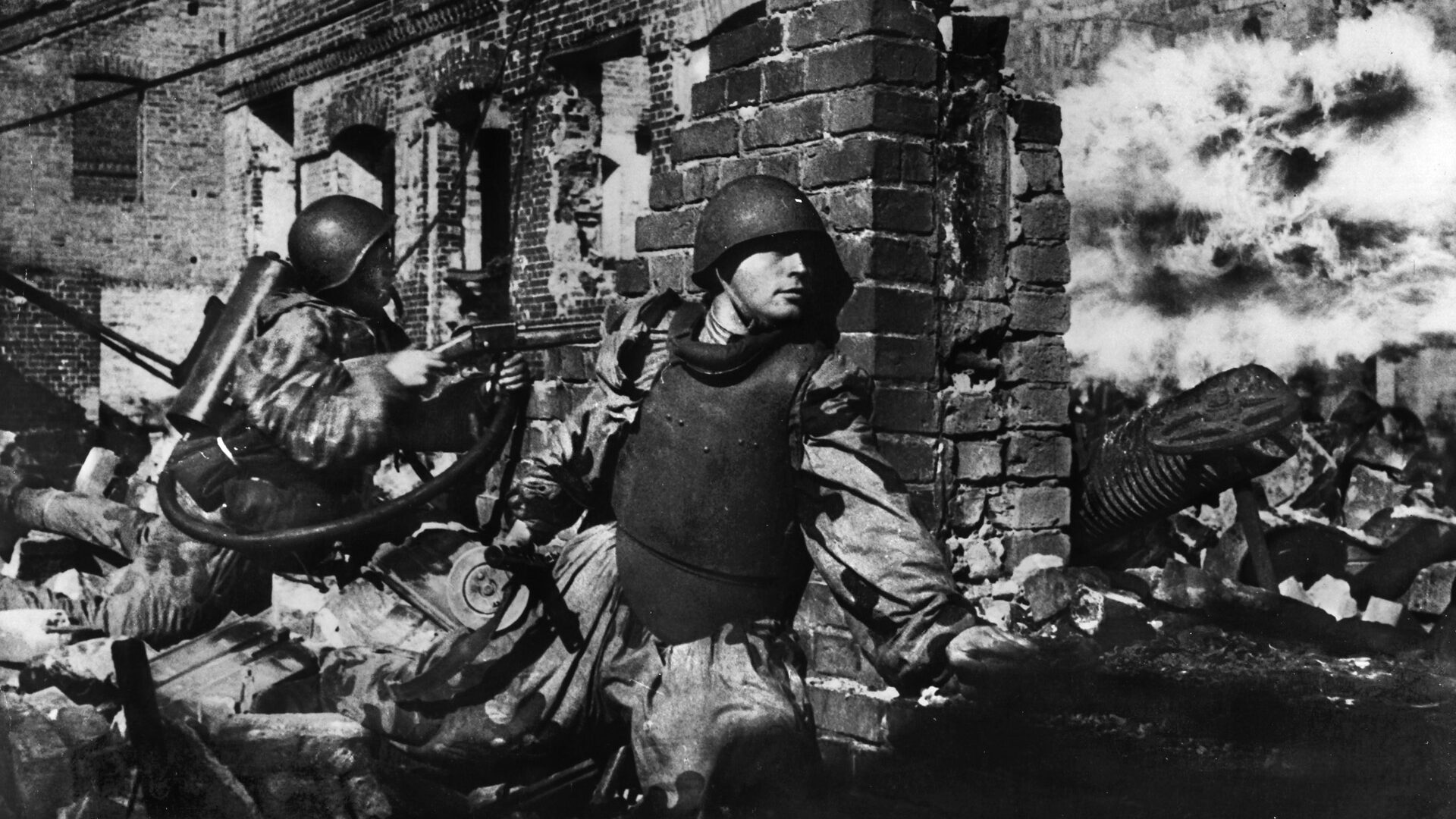
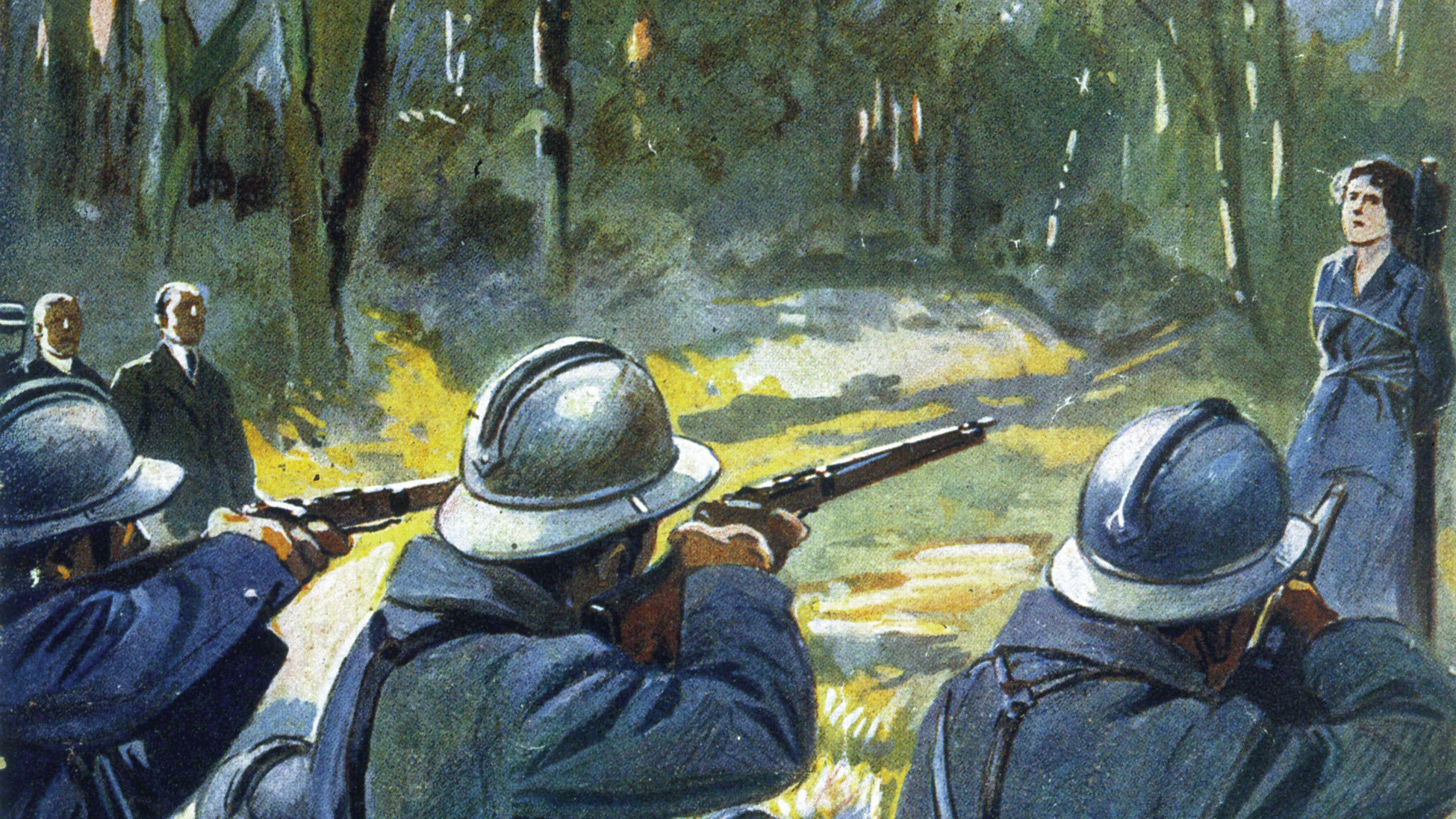
Join The Conversation
Comments
View All Comments